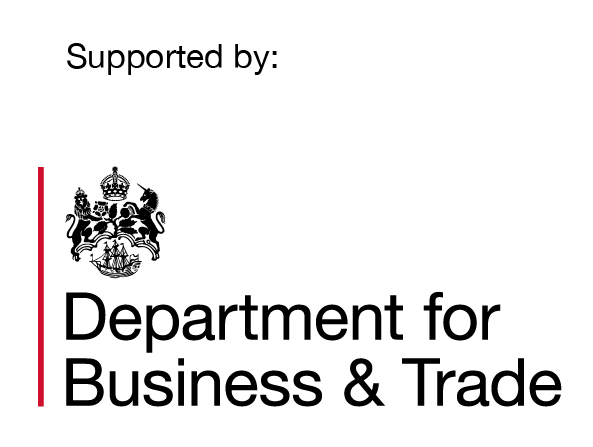Research on pregnancy/maternity discrimination
 This information sheet explains the purpose of the project and what your involvement would entail, should you choose to take part.
This information sheet explains the purpose of the project and what your involvement would entail, should you choose to take part.
What is the research about?
This research aims to inform policy development for the Employment Rights Bill by understanding the prevalence of pregnancy/maternity and other paternal discrimination and unfair treatment in the workplace, including dismissals and redundancies. The study aims to understand:
- when discrimination and unfair treatment occurs (for example, when women and parents inform their employer of their pregnancy/leave, or prior to taking maternity leave or other forms of parental leave, or during maternity leave/ other forms of parental leave, or when they return to work)
- how discrimination and unfair treatment manifests (for example, unfair treatment, harassment, dismissal, redundancy, etc)
- what fair reasons for dismissal are provided by employers
- and the impact this unfair discrimination has on mothers and parents
It also aims to understand how aware employers are of their responsibilities and obligations towards mothers and new parents in addressing and minimising unfair treatment/discrimination.
Who is conducting the research?
The Institute for Employment Studies (IES) is conducting the research on behalf of the UK Government’s Department for Business and Trade (DBT). IES is an independent research organisation. You can find more information about IES here.
A project advisory group has been created to provide independent expertise and advice to the project. Our expert advisory group comprises representatives from Working Families, Maternity Action, the Trade Union Congress and the British Chambers of Commerce.
What will taking part involve?
Interviews will last for up to one hour and will involve a semi-structured discussion with an IES researcher. They will ask you questions on topics including your:
- Experiences of discrimination or unfair treatment during pregnancy, maternity leave or when returning to work after maternity leave or adoption, neonatal or shared parental leave
- Stages of pregnancy and motherhood or parenthood in which discrimination or unfair treatment occurs
- Awareness of rights and legal protections when pregnant or as a new parent
Interviews will be conducted online via a Teams video call or telephone, depending on your preference. We would request that these interviews be recorded, purely for this research, and any transcripts and recordings will be anonymised, safely secured on IES servers and deleted upon project completion. These will not be shared with DBT.
Interviews are due to be conducted in September and October 2025.
Since these interviews may involve discussion of sensitive or upsetting topics IES researchers will signpost resources of support to all participants following on from the interview.
Please note that expressing an interest in participating in the research does not commit you to participate in any stage of the research. You can withdraw your agreement and consent to take part up to 2 weeks following the interview without providing a reason.
How will my data be stored?
All data collected during the interview will be treated with the strictest confidence. It will be transferred and saved securely and will only be accessible to the project team.
DBT is the data controller for this research and is ultimately responsible for how the data is used and stored. IES is a data processor, and you can find our privacy notice here. The legal basis for processing data for this research is public task.
IES will securely retain all personal data for six months after the project finishes (currently estimated to be September 2026), after which it will be securely deleted. Personal data will not be shared with DBT.
You can request that your data be withdrawn from the research up to 2 weeks after your interview. Please contact the project manager or research team to inform us of this.
How will my data be used?
IES will not use real names or any similarly identifiable information in any report arising from this project, such as staff or employer/organisation names. All personal data will be anonymised during analysis and reporting. Personal data will not be shared with DBT.
The final report will bring together findings from all parts of the research and will be submitted to DBT in March 2026.
Where can I go if I have any questions?
If you require further information, please contact Dr Meenakshi Krishnan, Principal Research Fellow and Project Manager for this study at meenakshi.krishnan@employment-studies.co.uk
